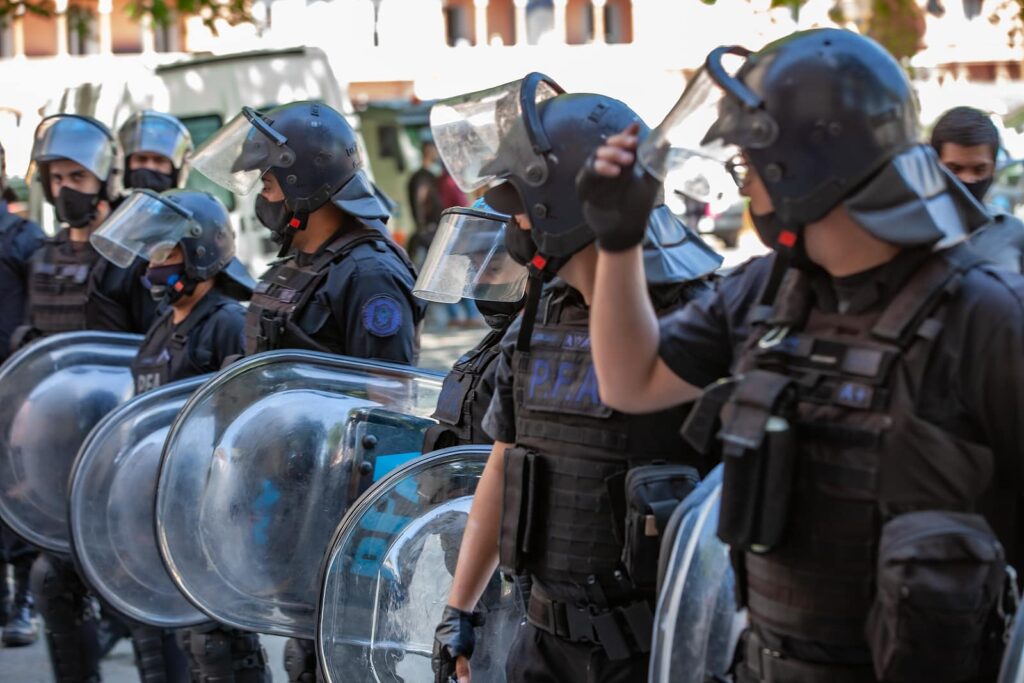Ensuring the safety of a child is among the highest priorities for a parent. If a child appears to be in danger of abuse or harm of any kind, removing them from that situation has a higher level of urgency than routine immigration. The process for one parent to remove them from another through immigration is known as one-parent special immigration juvenile status (SIJS). It can be a complicated process. Here’s what you need to know.
What Is SIJS?
SIJS is an immigration proceeding handled through the U.S. Citizenship and Immigration Services (USCIS) governmental agency, meant to assist minors who have been subject to neglect, abuse, and abandonment. It can fast-track the minor through the process to help them avoid further problematic treatment and keep them separated from their abusers.
While it can be quicker than regular green card proceedings, it’s a complicated process with a considerable number of details and requirements. Not following those requirements could drastically stall the process or cause it to be denied. To ensure the process goes as smoothly and quickly as possible, it’s highly recommended that people work with experienced SIJS attorneys.
What Is One-Parent SIJS?
Before 2008, SIJS was considered mainly based on separating minors from both parents, and when granted, the child would end up in foster care. However, the statutes have changed to acknowledge that there are often cases where one parent is abusive or neglectful and the other is not. It may even be the non-abusive parent who’s trying to help the minor earn the SIJS. When a one-parent SIJS is approved by the USCIS today, the non-abusive parent can have custody of the child rather than the child being sent to foster care, as long as the minor is not residing with the abusive parent.
This is a relatively new statute, and it’s still being studied and interpreted in the courts. Working with an attorney who’s handled these types of cases and knows what the courts are likely to require would be beneficial.
What Is Required for Eligibility for an SIJS?
To apply for an SIJS, the applicant must:
- Already be in the U.S. when they file the petition and still be here when the USCIS offers its ruling.
- Be under the age of 21 at the time of the filing and are dependent on the court or in the custody of a state agency, state department, or individual or entity appointed by the court. Proof of age is required in the form of a valid birth certificate, passport, official identity document issued by a foreign government, or any other official document that the court deems satisfactory to establishing age.
- Not be married, whether because they’re single, divorced, or the spouse died.
- Have a juvenile court order issued by any U.S. state court reporting that it’s unsafe for them to return to their country of origin because of a history of being neglected, abused, or abandoned there.
- Have written documentation from the Department of Health and Human Services’ Office of Refugee Resettlement.
- Be eligible for USCIS consent. This means that the person applying for the SIJS has the primary goal of obtaining relief from abuse, neglect, abandonment, or similar treatment as defined by state law. They must not apply for SIJS primarily for immigration benefits.
What Are Some Reasons USCIS Considers it Not in the Child’s Best Interest to Return to Their Country of Origin?
Besides the abuse, neglect, abandonment, and similar situations mentioned above, the immigration courts have other standards they’ll apply to each case.
- There are no responsible family members to care for the child in the home country.
- The child will not have access to medical, educational, or social services there.
- The child is already in the U.S. receiving education and becoming acculturated to life here.
- The child has significant personal ties and support in the U.S., including supportive relatives, siblings, and guardians.
If I Am the Parent Applying for the SIJS for My Child, Will That Help Me Get a Green Card?
Unfortunately, no. The minor applicant isn’t allowed to file any type of immigration request for either parent.
Even if only one parent was abusive, neither parent could get a green card.
What Is the Process for Filing for the SIJS?
There are usually three steps for receiving an SIJS.
- The applicant must apply to a state court showing the required findings of why they should not return to their home country.
- Then, they need to apply for a special immigrant juvenile visa from the USCIS.
- Finally, they would apply for a green card either through immigration courts or the USCIS.
What Should I Do if a Loved One or I want to Apply for a Green Card?
Call us as soon as possible at 857-347-3701 to request a free consultation (consultations are available in English, Spanish, or Portuguese). We know that the safety and well-being of your child are of the utmost importance to you. Ensuring they receive the immigration status they need to be safely placed with you is something we’ll place the highest priority on. We know immigration issues can be complicated and stressful, and we’re here to provide not only knowledgeable, experienced assistance but compassion and care.











